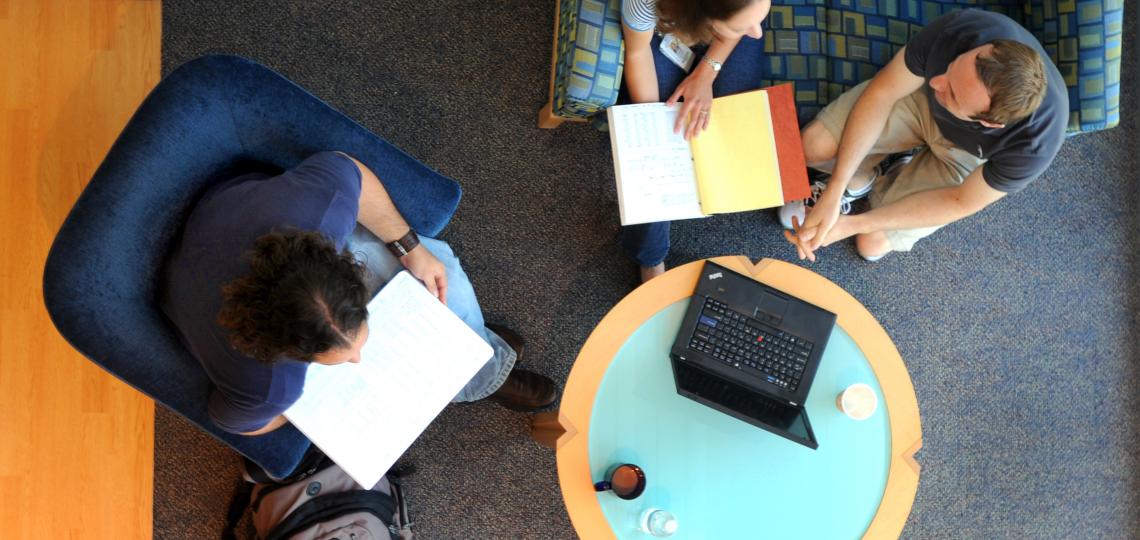
One highlight of the program is the research block in the PGY-3 year for residents. This experience introduces research design, as well as the critical thought process used in laboratory science and in the pursuit of new knowledge, thus providing the resident with strong scientific insight to apply to the practice of medicine.
Many residents choose to work with the department’s faculty who are world leaders in the fields of cochlear biophysics, hair cell transduction, vestibular compensation, and cochlear development. Residents have also worked in other Baylor College of Medicine laboratories, or at other affiliated institutions. This includes Rice University and The University of Texas MD Anderson Cancer Center, with residents pursuing projects in tumorigenesis and molecular genetics. Residents find this time to be extremely rewarding because they can enhance their training through scientific presentations and publications.
Frequently, residents present their work at national meetings including the:
- American Academy of Otolaryngology –Head and Neck Surgery
- Combined Otolaryngology Spring Meetings
- Triological Society, American Society of Pediatric Otolaryngology
- American Academy of Facial Plastic and Reconstructive Surgery
- American Rhinologic Society
The projects of BCM’s residents have won research awards from the American Head and Neck Society, the Triological Society, and the Texas Association of Otolaryngology –Head and Neck Surgery.








